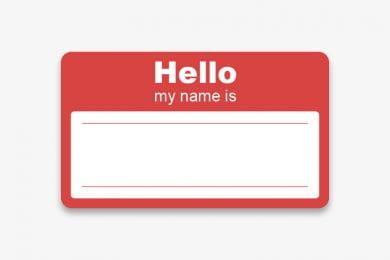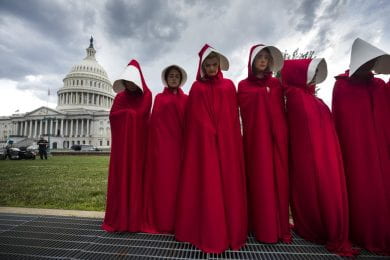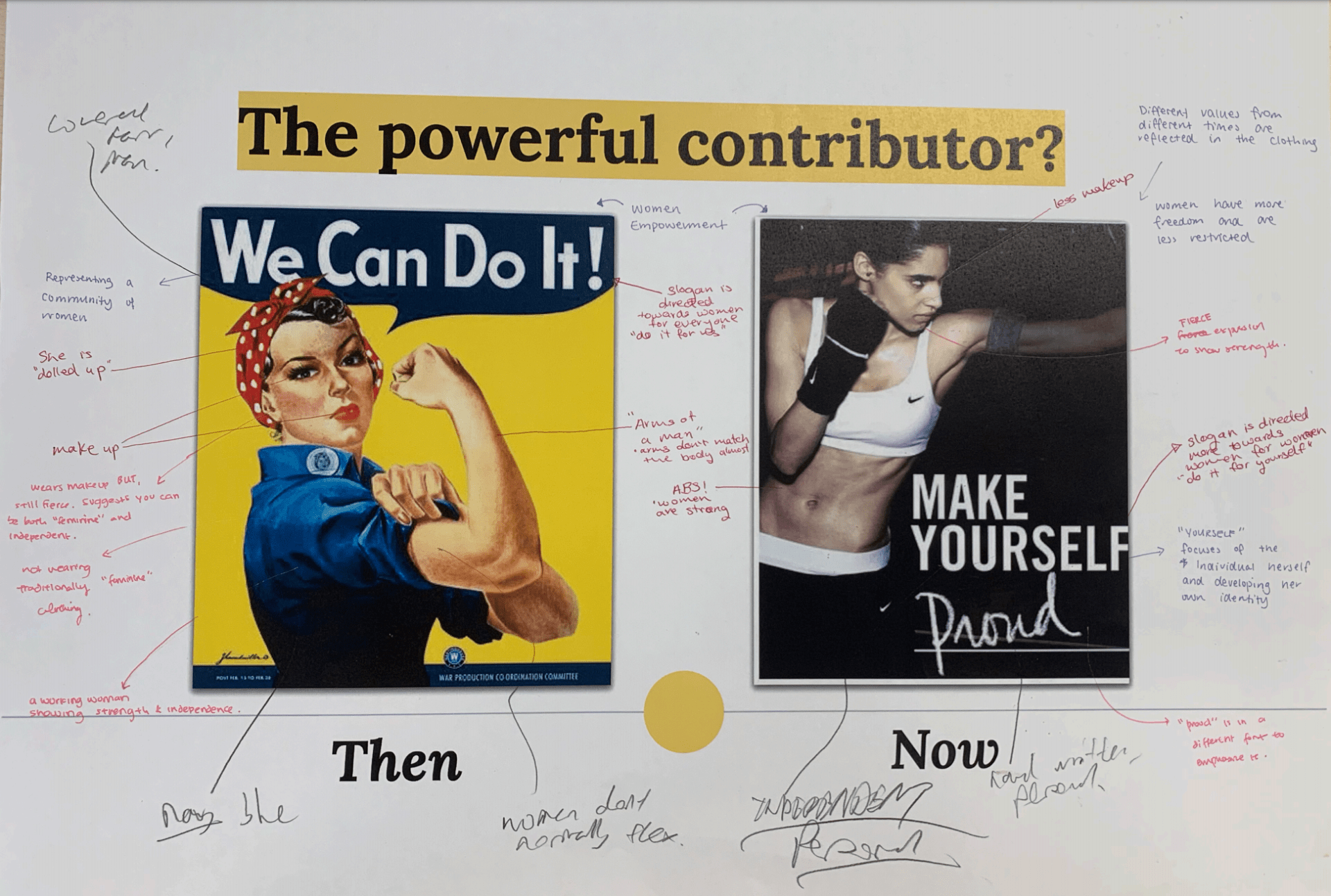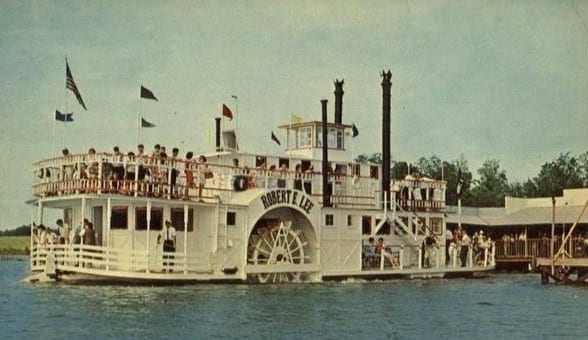The natural interpretation of information is obstructed by different types experiences and education in the fields of expertise.
In the River Boat Story, we understand how the two steamboat pilots view the river differently despite them witnessing the same pieces of information, occurring as a result of their different experiences on the river.
The pilot states “all the grace, the beauty, the poetry had gone out of the majestic river”. Through his training in this field, he learns about the dangers of the river that he had initially overlooked when he enjoyed the beauty of the scenery. Now, given that it is his responsibility to safely transport passengers along the rivers, he is forced to neglect the beauty and only focus on the risks. In the case of his friend who underwent training as well, we can argue that he is not as “experienced” in his work due to his lack of instinctive attention towards the threats under the water.
As the sun sets, what others would have appreciated to be the reflection of the sunset in the water is altered by the pilot’s pattern thinking to represent “a broad expanse of the river was turned to blood” hence obstructing or masking his freedom to embrace his natural interpretation of the river. I think that it would be invalid to interpret his friend’s perspective as not the ‘truth’ as he reflects his own interpretation of information. Nonetheless, with more experience in this field, i think that his paradigms would shift to be more similar to that of the pilot from appreciating the beauty in the river as he slowly associates more of the river with danger, especially if he were to witness any accidents. Arguably, such scenarios could have potentially influenced the pilot’s current paradigms and his thought patterns as he travels the river.
















































Thank you Rebecca. Your CU is intriguing, adn gets to the heart of the matter; that experiences and education influence our interpretations.
Your choice of the word ‘natural’ intrigues me though. It seems to suggest that there is some natural ‘correct’ view which is ‘obscured’ by the experience (of which education is one). But I wonder if this can be right. How can we encounter things pre-experience? Without any influence from the things that have happened in our lives? I am not sure it’s possible.
I think you gesture towards this in your final paragraph when you say ” I think that it would be invalid to interpret his friend’s perspective as not the ‘truth’ as he reflects his own interpretation of information.” that is, you seem to recognise that we are always operating from within a paradigm. So the ‘perfect truth’ would be to step outside all paradigms; but can we ever leave behind all our experiences?
Good work; you are (implicitly) addressing the implications of what you say. Keep moving in this exploratory direction in your thinking. It is promising. 🙂
NA